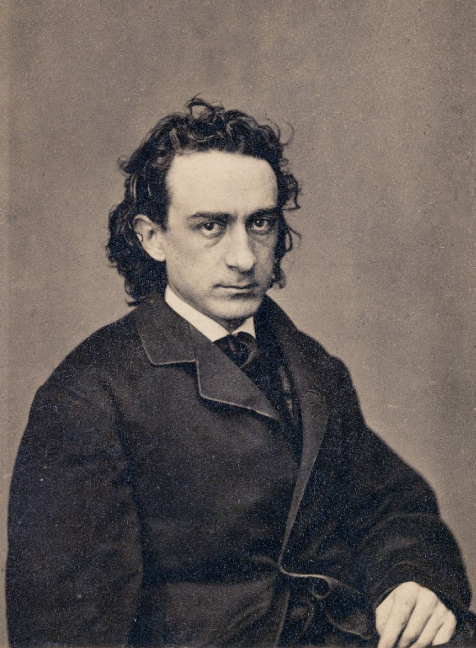Most people, when they hear the name Booth, think “Oh, the guy who shot Lincoln.” (Disclosure: I responded the same way when Jane first described the project to me.) As Jane outlined Edwin’s story, I was by turns fascinated and surprised—and ultimately appalled. One of the greatest actors our country has ever produced had been all but erased from history. I found myself thinking, “A hundred years from now, will Meryl Streep, Marlon Brando, or Paul Newman be similarly erased?” Probably not. None of the genuine legends of recent vintage have had their names stained by an appalling crime committed by a family member.
In short order, I set out to learn as much about the man as I could: combing Internet sites, poring through the very few biographies of Edwin, reminiscences of his friends, and collection of his letters. Necessarily, the search took me into related terrain: the history of the Civil War and accounts of the harsh travel and performance conditions of itinerant actors of the period (no airplanes, or buses, or even two star hotels; these intrepid men and women trekked from city to city in tumble-down coaches, steamships, and painfully slow-moving trains, often lodging in places infested with fleas, lice, and other critters).
What emerged from this voyage of discovery was a portrait of a courageous and conflicted man who was coping with challenges to which many of us nowadays can probably relate. A child of an alcoholic, who later struggled with his own alcoholism and more than a dash of dysfunctional family tension. A man plagued by financial insecurity, grief, guilt, loss, and tremendous self-doubt. A single parent.
Yet in the midst of all this he managed to transform the art of acting, stepping past the conventional devices of posing and declaiming, and adopting a naturalistic style that anticipated by decades the approach that has come to define American acting.
This is the man I determined to bring to life on the stage—so when people hear the name Booth, they won’t think, “Oh, the guy who shot Lincoln,” but “Oh, the genius who triumphed against the odds.”
photo credits: Folger Shakespeare Library



